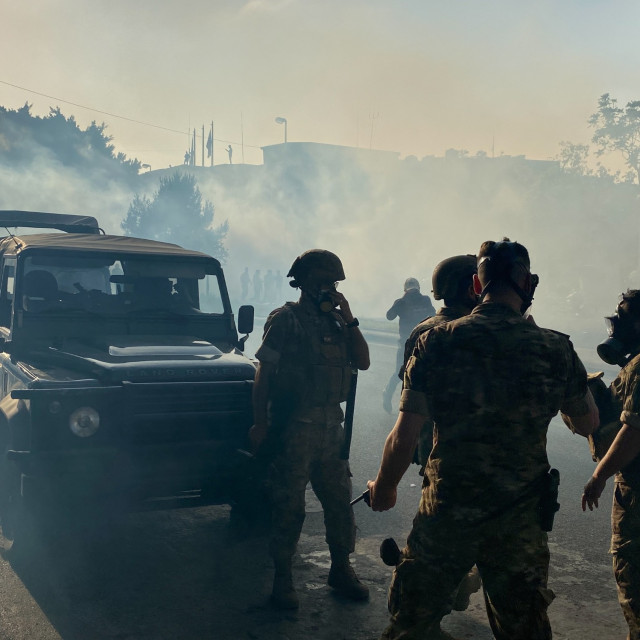
Libanonski prosvjednici razbijali su i palili banke u sjevernome gradu Tripoliju u ponedjeljak kasno navečer zbog devalvacije domaće valute i visokih životnih troškova.
Uzvikujući "revolucija, revolucija" prosvjednici su bacali kamenje i razbili su vrata banke, bankomate, a jednu banku su zapalili.
Intervenirala je vojska kako bi stavila situaciju pod kontrolu, ali su prosvjednici nastavili paliti gume i blokirati glavne ceste u gradu.
Prkoseći mjerama uvedenima zbog pandemije novog koronavirusa, prosvjednici su se ranije okupili bez zaštitnih maski dok su palili gume i blokirali autoput koji povezuje Bejrut sa sjevernim Libanonom.
Libanonska funta prošli je tjedan pala na najnižu razinu, tako da se na crnom tržištu za 1 američki dolar može dobiti od 4000 do 4300 funti.
Međutim, službeni tečaj je oko 1500 funti za dolar.
"Za svoju plaću sada mogu kupiti samo dva kartona mlijeka", piše na jednom od plakata koje su nosili prosvjednici.
Nakon naguravanja s prosvjednicima vojska je ponovno otvorila cestu.
"Nemam dovoljno novaca da nahranim svoju djecu", vikao je prosvjednik i pozivao ljude da prkose restriktivnim mjerama diljem zemlje uvedenima zbog covida-19.
"Mi ionako umiremo, sa ili bez korone", rekao je drugi prosvjednik.
Slične demonstracije su zabilježene i u gradiću Dbayehu, sjeverno od Bejruta.
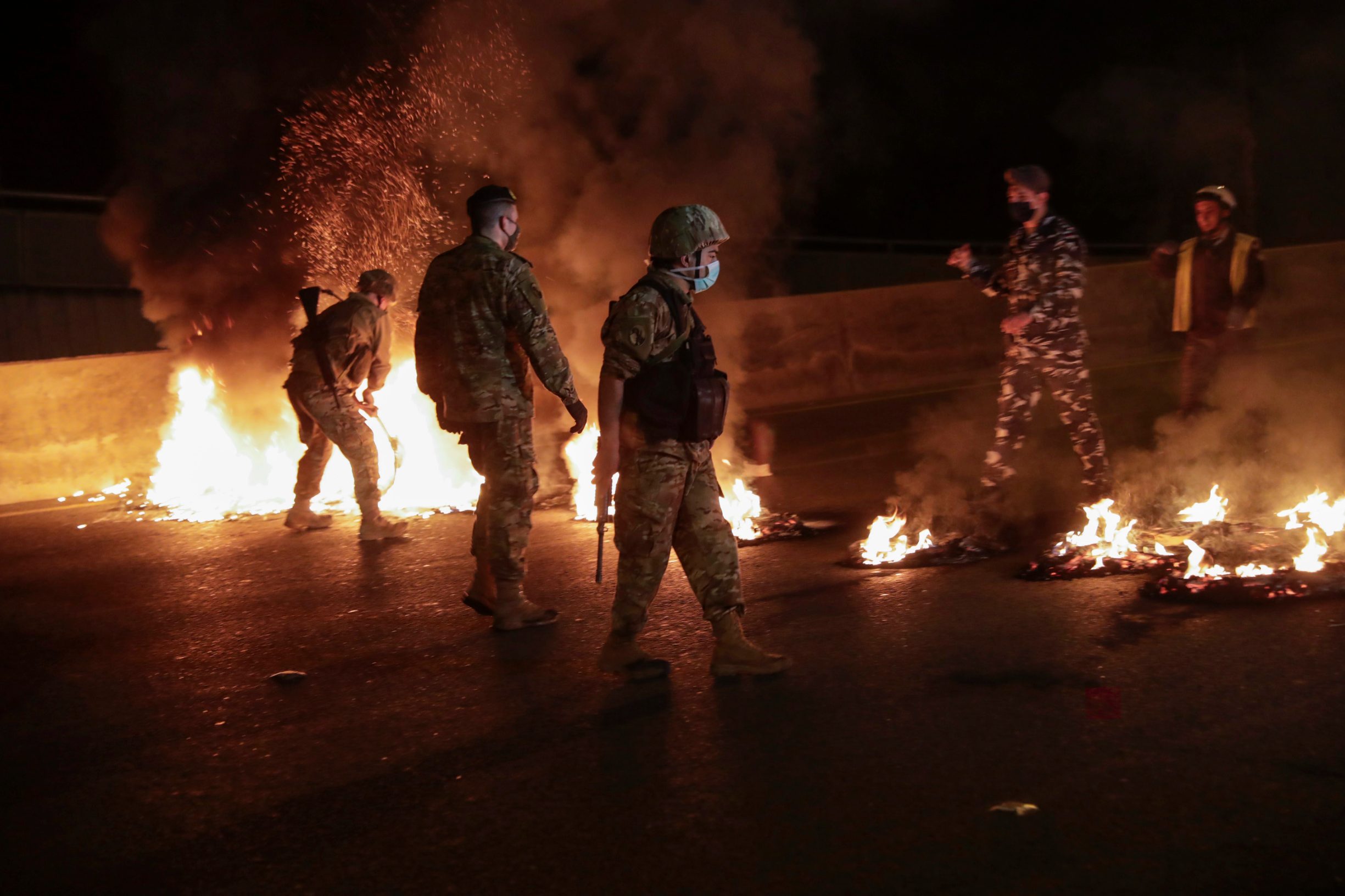
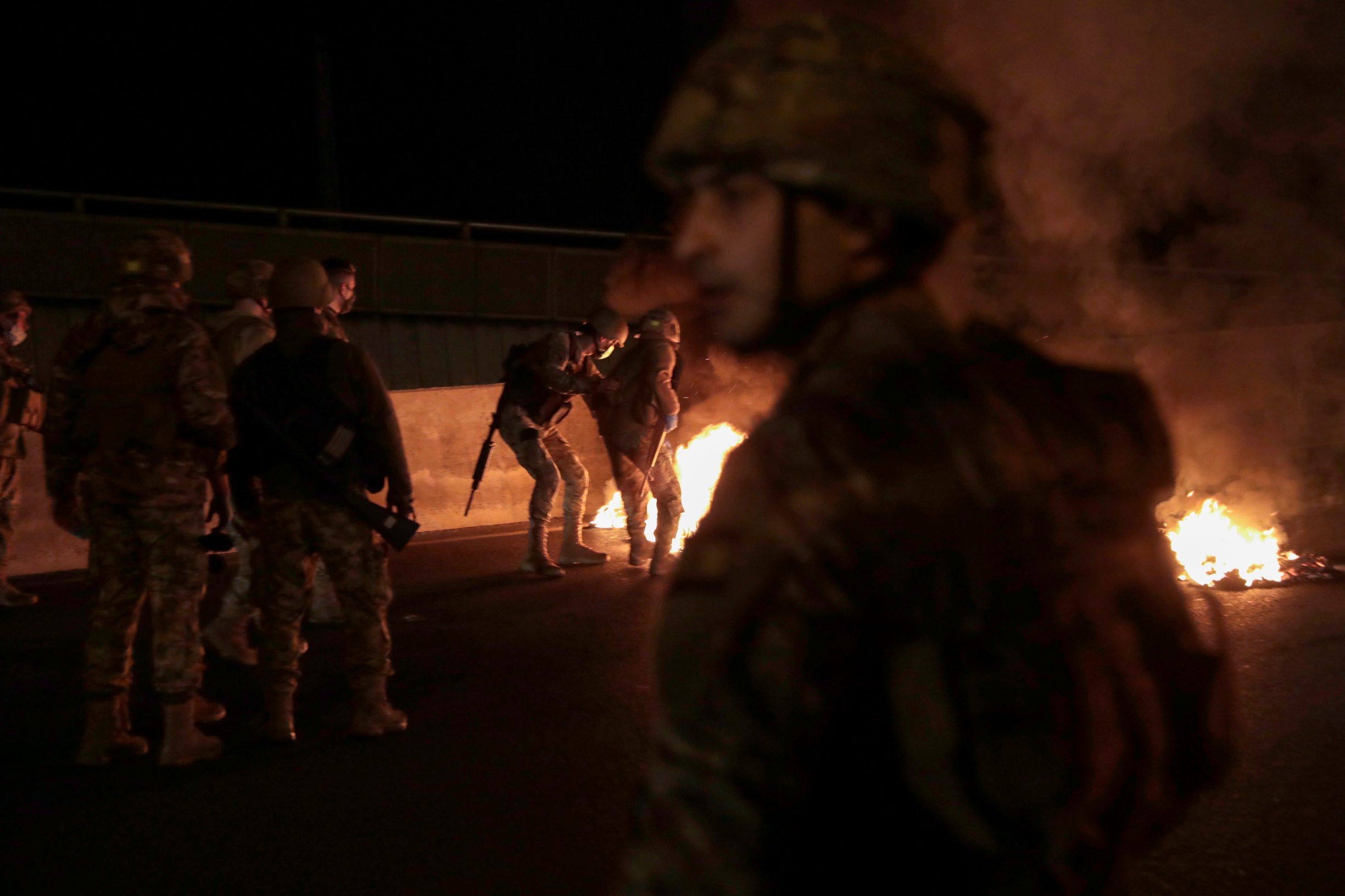
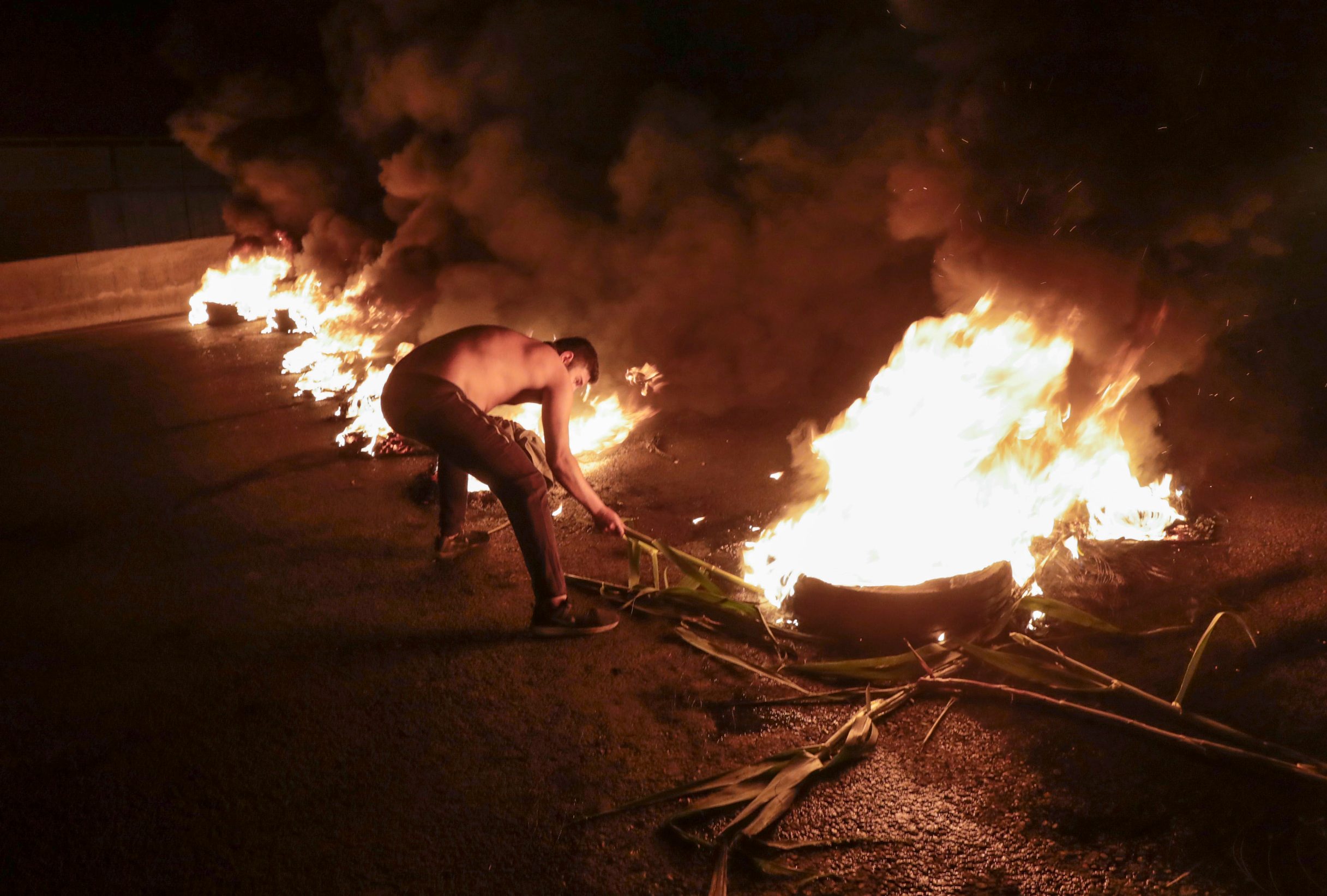
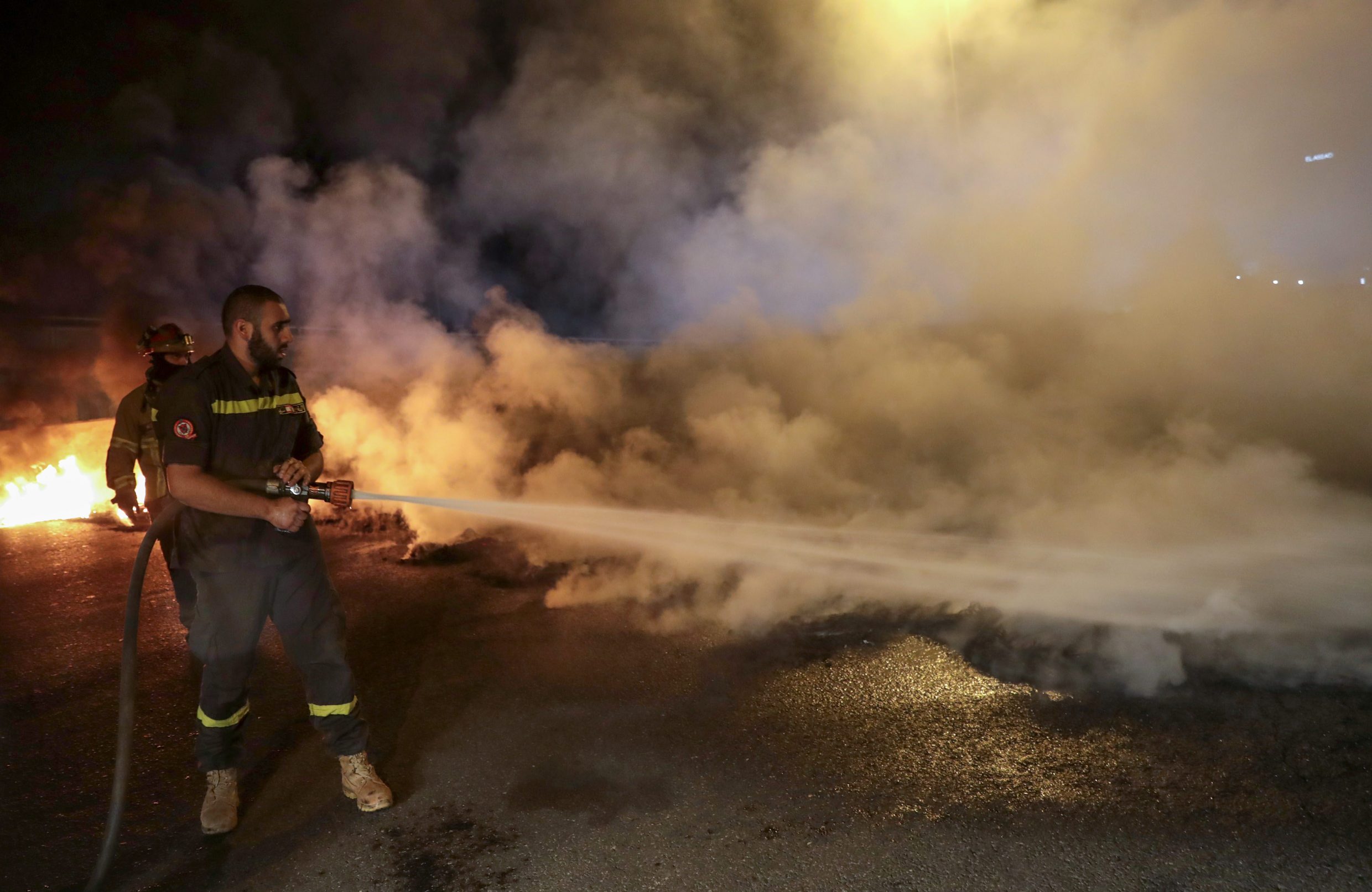
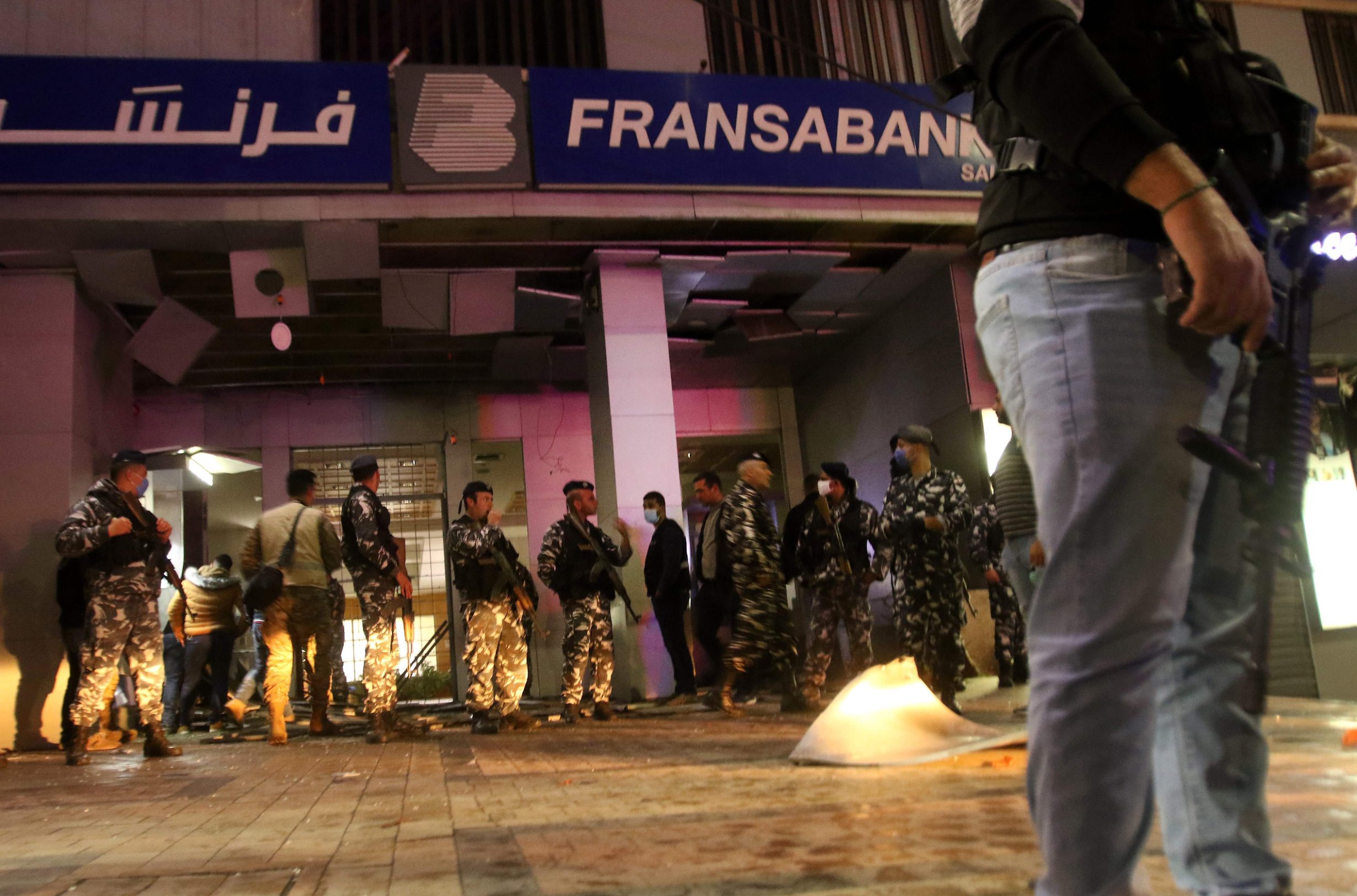
Libanon, koji prolazi kroz najgoru gospodarsku krizu od građanskog rata 1975-'90., objavio je u ožujku da će obustaviti isplatu svih dospjelih euroobveznica u stranoj valuti kako bi zaštitio svoje devizne rezerve.
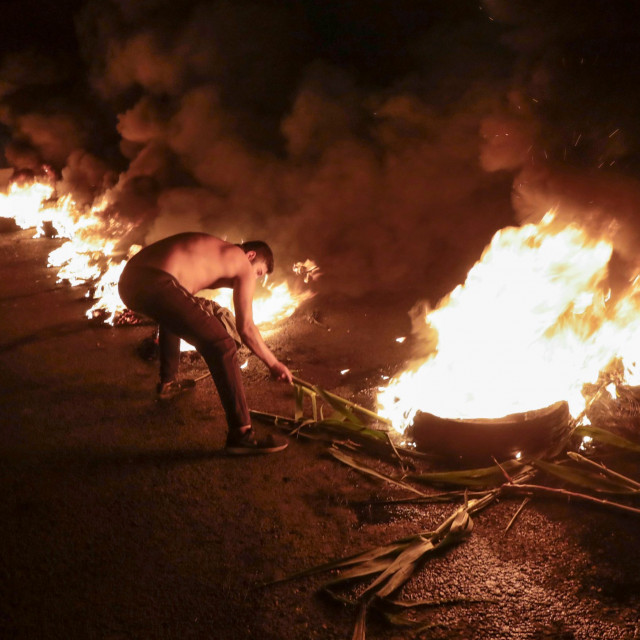






Za sudjelovanje u komentarima je potrebna prijava, odnosno registracija ako još nemaš korisnički profil....